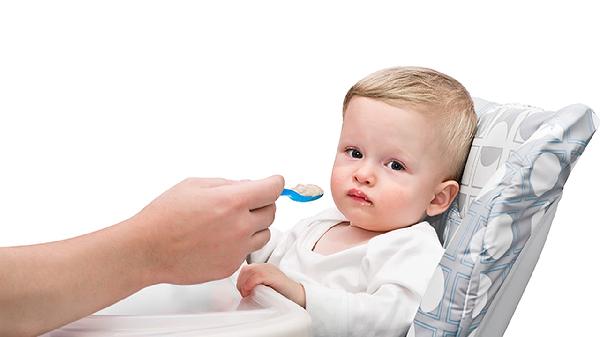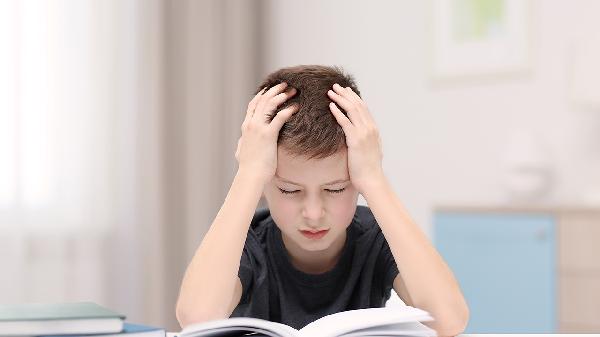Having a cute little baby at home, parents often pick up the baby to play and entertain, but many parents hold the baby incorrectly, which may affect the baby's health. When holding the baby, parents must avoid the following two common mistakes!
Mistake 1: Holding the baby for a long time
Many parents like to hold the baby in their arms whenever they have free time to make the baby happy. Parents also take the baby outside to bask in the sun and breathe fresh air, which is beneficial for the baby's growth and health. However, holding the baby for extended periods can negatively impact the baby's health.

When babies are in their infant stage, their body organs are not yet fully developed, their bodies are fragile and delicate, their bone development is incomplete, and their bones are highly malleable with a certain degree of elasticity. If parents hold the baby for a long time, it is not conducive to the baby's bone development and may cause limb deformation or even spinal curvature. Additionally, sleep is a critical time for rapid growth and development; babies need sufficient sleep to ensure sleep quality. Prolonged holding can affect the baby's sleep and development. Furthermore, a baby's stomach is different from that of an adult. The baby's gastric fundus is immature, the cardia is often in a relaxed state, and the pylorus is usually tense. Holding the baby for a long time can hinder proper digestion and easily lead to spitting up. Therefore, excessive holding is not beneficial for the baby's limb activities.
Mistake 2: Shaking the baby
Some parents shake the baby in their arms or in a cradle to soothe a crying baby or to induce sleep, and some even enjoy tossing the baby high into the air for fun. In reality, these practices are inadvisable and detrimental to the baby's health, potentially harming the baby's brain. Younger babies are more susceptible to damage from shaking.
During the infant stage, a baby's head accounts for a significant proportion of the total body weight, with the head length being 20% of the baby's height. However, the neck and back muscles of the baby are fragile and delicate, lacking sufficient strength to support the head's weight, let alone withstand significant shaking or tossing. Vigorous shaking by parents can cause the baby's brain to collide with the harder skull, leading to irreversible brain damage, such as tearing of brain capillaries, retinal capillary congestion, or concussion. Therefore, parents should not shake the baby, and tossing the baby in the air is strictly prohibited.
Although holding a baby seems simple, it hides a lot of knowledge, and new parents should not be careless!
























